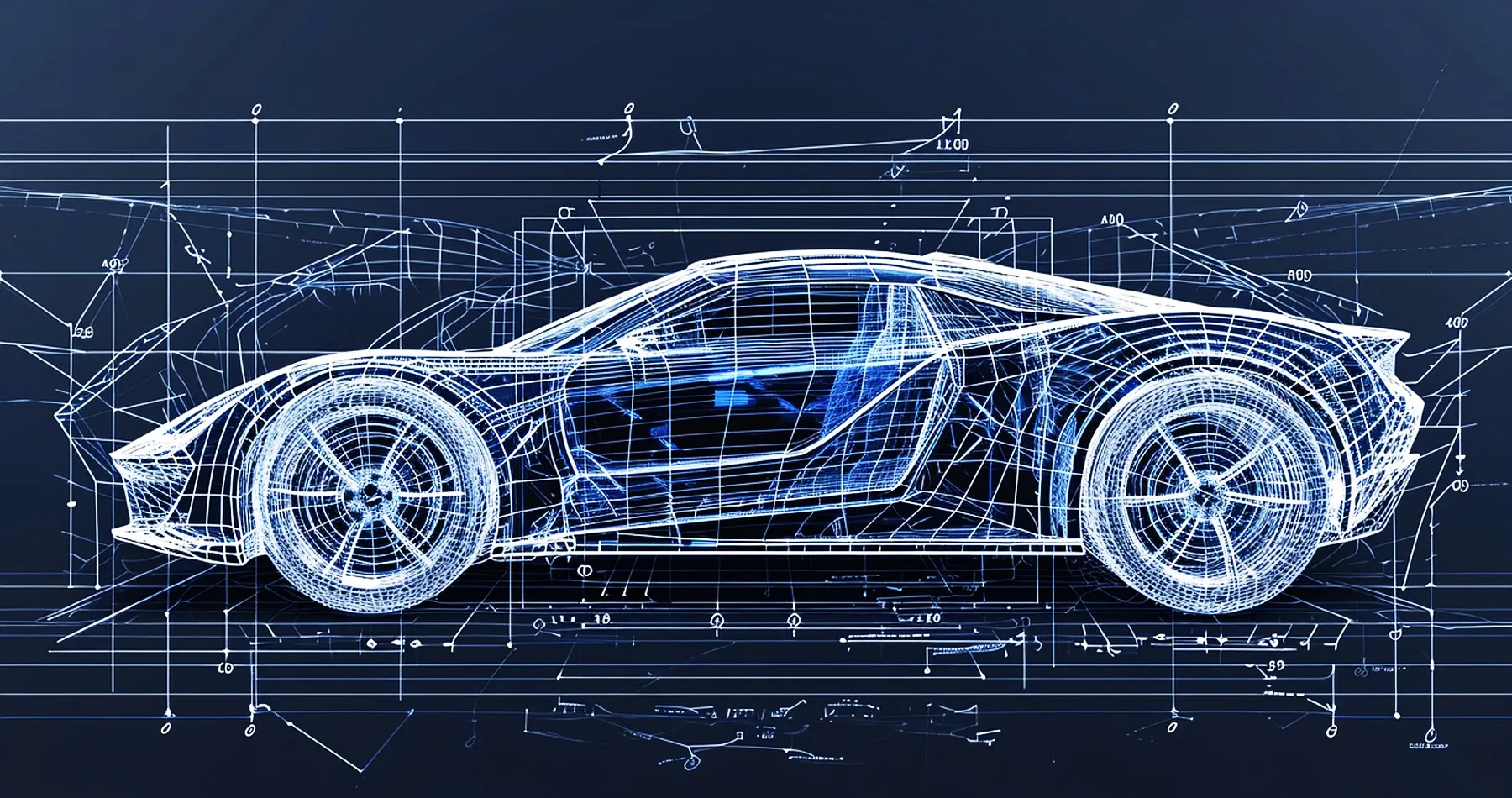Artificial Intelligence (AI) inclusion is causing a significant revolution in the US automotive industry. This technological leap extends across various facets of the industry, from manufacturing processes to autonomous vehicles, predictive maintenance, and customer engagement. This comprehensive exploration delves into the multifaceted role of AI in reshaping the landscape of the US automotive sector.
AI in Manufacturing Processes:
AI has become a linchpin in optimizing manufacturing processes, ushering in a new era of automation and efficiency. Robotic systems equipped with AI algorithms are deployed in assembly lines to perform intricate tasks with precision, significantly increasing production while minimizing errors. The result is enhanced efficiency, reduced costs, and improved product quality. The marriage of AI and manufacturing accelerates the production cycle, ensuring a streamlined and reliable manufacturing process.
Computer vision, a subset of AI, is instrumental in elevating the quality control standards in automotive manufacturing. AI-powered systems analyze data from cameras and sensors to scrutinize each component for imperfections. It not only contributes to the production of high-quality vehicles but also ensures adherence to safety standards. The ability of AI to quickly identify and rectify defects enhances the reliability and safety of the final product.
Autonomous Vehicles and AI:
The pinnacle of AI integration in the automotive industry is the development of autonomous vehicles. These vehicles rely on advanced AI algorithms to navigate complex environments, make real-time decisions, and ensure passenger safety. Machine learning algorithms process data from sensors, cameras, and other sources to interpret surroundings and make split-second decisions. The inclusion of AI in autonomous systems aims to reduce accidents, enhance traffic flow, and provide a more efficient and convenient mode of transportation.
The ability of AI to make real-time decisions based on complex data sets is crucial for the success of autonomous vehicles. These decisions range from navigation adjustments to responding to unforeseen obstacles or changing road conditions. The intricate interplay of AI algorithms enables vehicles to adapt swiftly to dynamic environments, creating a safer and more reliable driving experience.
Predictive Maintenance:
AI-powered predictive maintenance has emerged as a pivotal aspect of the automotive industry, offering a proactive approach to addressing potential issues. By analyzing data from various sensors and diagnostic tools, AI algorithms can predict and identify problems before they escalate into issues. This foresight allows manufacturers and service providers to schedule maintenance tasks efficiently, minimizing downtime and reducing overall maintenance costs.
Incorporating AI into diagnostics enables vehicles to monitor their condition. Machine learning algorithms can analyze vast amounts of data, identifying patterns and anomalies that may indicate impending issues. This real-time condition monitoring empowers manufacturers and vehicle owners to address maintenance needs promptly, ultimately prolonging the lifespan of vehicles and reducing the likelihood of unexpected breakdowns.
AI in Customer Engagement:
Virtual assistants and chatbots powered by Natural Language Processing (NLP) provide personalized assistance, address queries, and offer product recommendations. These AI-driven tools enhance customer service by providing instant and efficient support, contributing to a positive experience.
AI-driven CRM systems analyze extensive customer data to identify trends, preferences, and areas for improvement. This analytical capability enables companies to tailor their products and services to meet consumer expectations.
AI and Energy Efficiency:
As the global emphasis on sustainability grows, the US automotive industry leverages AI to enhance energy. AI algorithms optimize fuel consumption, electric vehicle range, and energy usage. By intelligently managing energy, AI contributes to carbon emissions and promotes environmentally friendly practices within the automotive sector.
AI is instrumental in optimizing fuel efficiency in traditional vehicles and extending the range of electric cars. Machine learning algorithms analyze driving patterns, traffic conditions, and other variables to adapt the vehicle’s performance. This adaptive approach ensures that energy resources contribute to reduced environmental impact and align with the industry’s commitment to sustainable practices.
